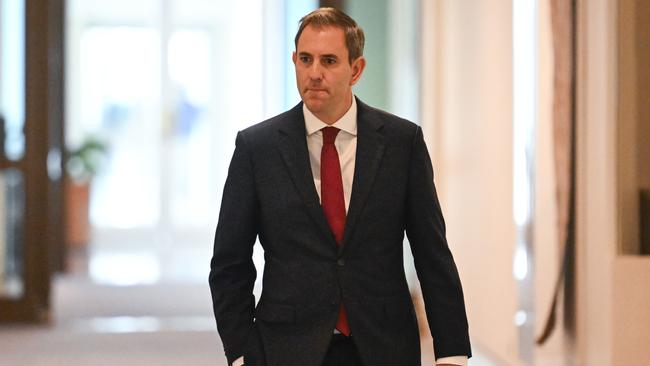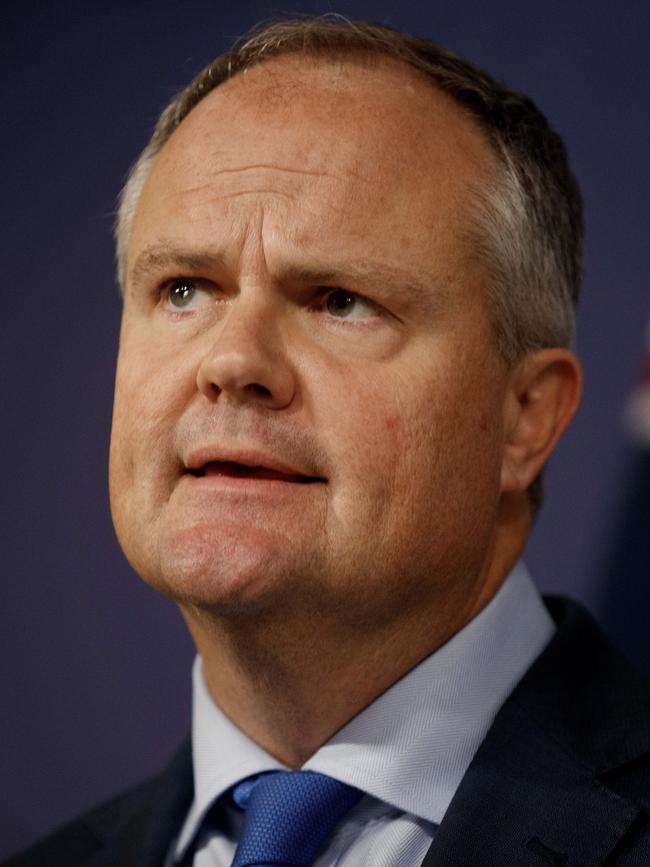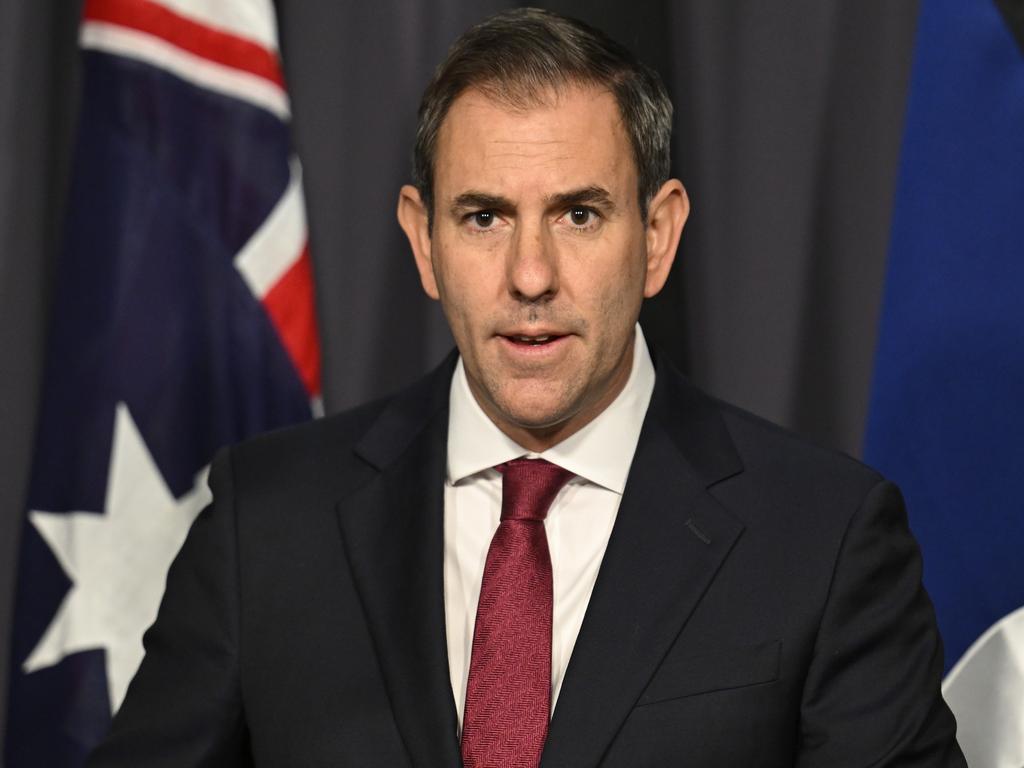
Jim Chalmers has no interest in dealing with the Coalition to legislate his super tax or compromising on Labor’s controversial plan to slug unrealised capital gains.
After waiting almost 2½ years to pass the government’s raid on Australians with super fund balances over $3m, the Treasurer is desperate to strike a swift agreement with the economically irresponsible Greens to ram the super tax through parliament as quickly as possible.
A day after Anthony Albanese declared he was open to talking with the Coalition, Chalmers shot down a super tax deal without picking up the phone to opposition Treasury spokesman Ted O’Brien.

The spirit of co-operation between the major parties floated by the Prime Minister and Opposition Leader Sussan Ley will be determined by the willingness of Labor ministers and their Coalition counterparts to engage.
During the 47th parliament, Chalmers held great disdain for Angus Taylor. The pair didn’t trust each other and the idea of negotiating bipartisan deals on big-ticket economic policy was never on the cards.
At a time of flatlining productivity, weak economic growth, soft business investment, global volatility and trade wars, there has never been a more critical juncture for the major parties to align on bold reforms that maintain Australia’s competitiveness in an increasingly congested market.
Lower inflation, unemployment and interest rates are positives for Chalmers, who is also optimistic after a pick-up in private sector led growth. But turning around Australia’s productivity challenge is one that will require political courage.
In the wake of Labor’s landslide victory, Albanese and Chalmers must seize the opportunity to make tough decisions aimed at keeping spending at sustainable levels, assuring Australia’s national security is properly funded, avoiding higher taxes on individuals and businesses, lowering debt, and getting the budget back on a surplus trajectory.
Some of the free-market economic reforms passed by Bob Hawke and Paul Keating in the 1980s were backed by John Howard because they aligned with Liberal values.
There are some in the Albanese government who are averse to going too hard, too fast. They believe voters have endorsed a “steady hand” approach without any surprises.
Channelling his mentor Wayne Swan, Chalmers on Wednesday blamed media outlets (understood to be The Australian and Australian Financial Review) for criticising his super tax policy and unrealised capital gains model.
Seeking to simplify the debate, Chalmers said “it doesn’t augur well for bigger, broader tax reform when such a modest and methodical change is being resisted in some quarters”.
“We should resist the temptation to think that because overwhelmingly two media outlets don’t like this change, to assume that concern is broadly and deeply felt in the Australian community, we’re talking about half a per cent of people with superannuation being impacted, people with more than $3m balances,” Chalmers said.
“People say we need to dramatically increase defence spending, we need to dramatically cut the company rate, we need to abandon the changes to make superannuation tax concessions fairer, and we need to deliver bigger surpluses. Often it’s the same people saying that, if you can believe it.
“And so my job … is to make it all add up. Sometimes that involves decisions which not everybody likes.”
At a time of “churn and change in the global economy” and heated US-China competition, Chalmers must seize the day and tap Labor’s enormous political capital.





